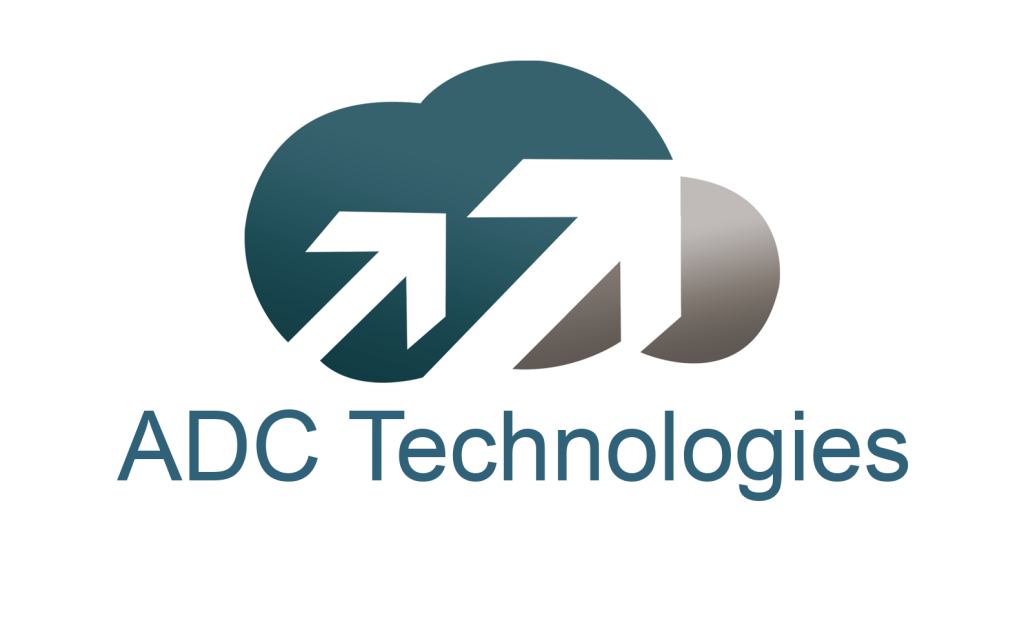Choosing the right PC can be overwhelming, especially with so many options available. Whether you need a computer for gaming, school work, or general use, understanding the key features and components will help you make the best decision. Let’s break down the different types of PC’s, explain the essential components, and guide you on how to pick the perfect computer based on your specific needs.
Types of PCs
- Desktop PCs:
- Standard Desktops: These are traditional tower PCs that can be customized or pre-built. They are often more powerful than laptops and are ideal for gaming, video editing, or other resource-intensive tasks.
- All-in-One Desktops (AIOs): These combine the monitor and the computer into one unit, saving space. They are good for home offices and general use but are less customizable than standard desktops.
- Mini PCs: Compact, space-saving computers that can handle basic tasks. They’re suitable for browsing the web, word processing, and streaming.
- Laptops:
- Ultrabooks: Thin, lightweight, and portable laptops that offer good performance for everyday tasks. They usually have longer battery life, making them ideal for students and business travelers.
- Gaming Laptops: Built with high-performance graphics cards and processors, these laptops are designed to handle gaming, video editing, and other demanding applications. They tend to be heavier and have shorter battery life.
- 2-in-1 Laptops: These are convertible laptops that can function as both a laptop and a tablet. They are versatile and good for users who need flexibility.
- Workstations:
- Workstations are high-powered PCs designed for professionals who need to run heavy applications, such as 3D rendering software, AutoCAD, or software development tools. They are usually more expensive and are built for durability and performance.
Essential components to consider
When choosing a PC, it’s essential to understand the key components that determine its performance. Here are the most important parts to look at:
- Processor (CPU):
- The CPU is the brain of the computer. It handles all the tasks and processes. A faster CPU means better performance, but it also tends to be more expensive. Common CPUs include Intel Core i5, i7, i9, and AMD Ryzen 3, 5, 7, 9. Generally, an Intel i3 or Ryzen 3 is sufficient for basic tasks, while an i7 or Ryzen 7 is better for gaming and professional work.
- Graphics Card (GPU):
- The GPU handles the visuals and is crucial for gaming, video editing, and 3D modeling. Integrated graphics (built into the CPU) are fine for casual users, but gamers and content creators will need a dedicated graphics card, such as NVIDIA GeForce GTX/RTX or AMD Radeon RX.
- Memory (RAM):
- RAM affects how smoothly your computer can run multiple applications at once. For basic tasks like web browsing and word processing, 8GB of RAM is usually sufficient. For gaming, video editing, and multitasking, consider 16GB or 32GB.
- Storage:
- HDD (Hard Disk Drive): Traditional hard drives offer more storage at a lower cost but are slower. They are suitable for storing large amounts of data like photos, videos, and documents.
- SSD (Solid State Drive): SSDs are much faster than HDDs and improve boot times, application load times, and overall system responsiveness. Although more expensive, they are becoming standard in most new PCs.
- Many modern PCs come with a combination of both, which allows you to store your OS and frequently used applications on the SSD for speed and use the HDD for larger files.
- Display:
- If you’re buying a laptop or an all-in-one desktop, pay attention to the display. Consider the screen size, resolution (e.g., Full HD, 4K), and refresh rate. A higher refresh rate is better for gaming, while a larger screen can be helpful for multitasking and productivity.
- Operating System:
- Most PCs run Windows, which is versatile and compatible with a wide range of software. macOS is exclusive to Apple computers and is popular among creatives for its design and ease of use. Linux is an open-source OS that is customizable and preferred by developers, but it may have a steeper learning curve.
How to choose the right PC based on your needs
- For General Use (Web Browsing, Streaming, Office Work)
- Recommended Specs:
- Processor: Intel Core i3 or AMD Ryzen 3
- RAM: 8GB
- Storage: 256GB SSD or 1TB HDD
For basic tasks like browsing, streaming videos, or using Microsoft Office, you don’t need high-end components. An entry-level CPU, 8GB of RAM, and a modest storage solution will suffice.
- For Gaming
- Recommended Specs:
- Processor: Intel Core i5/i7 or AMD Ryzen 5/7
- RAM: 16GB
- Graphics Card: NVIDIA GeForce GTX 1660/RTX 3060 or AMD Radeon RX 6600
- Storage: 512GB SSD + 1TB HDD
Gaming PCs need strong CPUs and GPUs to handle graphics-intensive games. Sufficient RAM and an SSD for fast load times are also crucial.
- For Video Editing and Content Creation
- Recommended Specs:
- Processor: Intel Core i7/i9 or AMD Ryzen 7/9
- RAM: 32GB
- Graphics Card: NVIDIA GeForce RTX 3070/3080 or AMD Radeon RX 6800
- Storage: 1TB SSD + 2TB HDD
Content creators need high processing power to handle tasks like video rendering. More RAM helps with multitasking, and a powerful GPU is necessary for editing high-resolution videos. Storage is also key, as media files can be very large.
- For School/College Students
- Recommended Specs:
- Processor: Intel Core i3/i5 or AMD Ryzen 3/5
- RAM: 8GB
- Storage: 256GB SSD
Students typically need a portable laptop that can handle word processing, browsing, and streaming. A lightweight, mid-range laptop with an SSD for fast performance is ideal.
- For Professional Work such as Engineering, Programming, or Design
- Recommended Specs:
- Processor: Intel Core i7 or AMD Ryzen 7
- RAM: 16GB or 32GB
- Graphics Card: Depending on work, a professional-grade GPU like NVIDIA Quadro or AMD Radeon Pro might be required.
- Storage: 512GB SSD
Professionals often need a robust system to handle complex tasks like 3D modeling, simulations, or compiling code. A fast processor, sufficient RAM, and a reliable graphics card are essential.
Tips for Buying a PC
- Set a Budget: PCs can range from a few hundred dollars to several thousand. Knowing how much you are willing to spend will help you narrow down your options.
- Consider Your Space: If you don’t have much room, a laptop or mini PC might be more suitable than a full desktop.
- Think About Portability: If you need to take your computer on the go, a laptop is a must. For home or office setups, desktops offer better performance for the price.
- Plan for the Future: Technology changes quickly. If your budget allows, try to get a system that has a bit more power than you need right now so it will last longer.
Choosing the right PC comes down to understanding your needs and finding a machine that meets those requirements within your budget. Remember to pay attention to the processor, RAM, graphics card, and storage options, because all of these components will greatly impact your performance. At ADC Technologies, we specialize in helping businesses choose the right technology and equipment to meet



